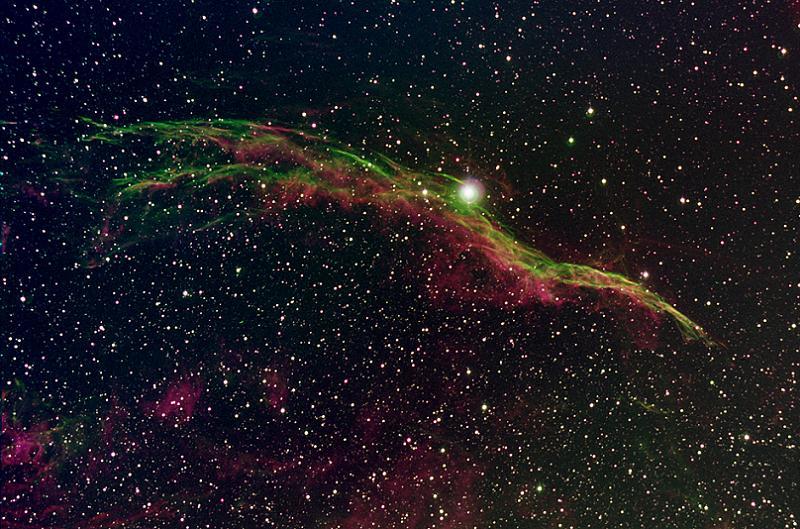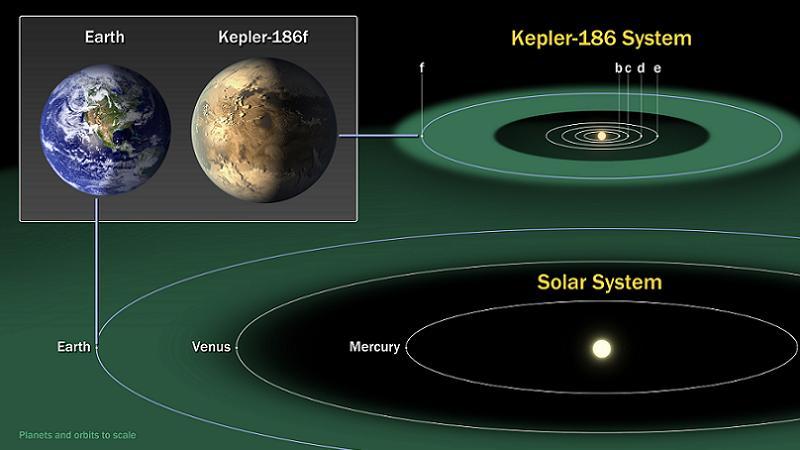Deep Space

Source: Xanadu Observatory
None of the options so far are truly long-term solutions. Even living in a diffuse cloud of icy comets isn’t going to cut it when the Sun goes into its inevitable death throes. Deep space, however, will be wholly unaffected by anything our silly little star does in 5 billion years.
Colony ships can drift in the void between stars indefinitely without having to face a changing environment. Each ship could therefore become a kind of time capsule, carrying intact a microcosm of the society that produced it, and evolve very little in response to floods, famines, drought, or wars.

Everybody will be on the same team and nothing will ever have to change. Ever.
Apart from the specter of an unchanging million-year Space Reich, interstellar travelers will face a few challenges. They’ll need fuel for energy production, materials for repairs and expansion, and probably a lot of condoms, since building a covered wagon and moving west won’t be an option for dealing with overpopulation. So they’ll occasionally have to drop by a star system, if only to pick up supplies and maroon the malcontents every few generations.
Extrasolar Planets

Source: NASA
Okay, now we’re getting serious about living in space. Humans may eventually seek out and explore new worlds and new civilizations. We’ll boldly go where et cetera, et cetera, you know the drill. Here’s the thing: we will almost certainly never find a planet we can live on.

“Pardon?” Source: Blue Flight
The search for “Earthlike” planets in other solar systems is going well. The Kepler space telescope found thousands of worlds during its operational life, and a surprisingly high number of them were small, rocky worlds in their stars’ Goldilocks zones where water can exist in its liquid phase. So far, so good, but just being warm and wet doesn’t seal the deal.
Planetary ecosystems are complicated. To picture the difficulty humans will face in colonizing extrasolar planets, just picture an alien with a radically different biology trying to live on Earth.
Even if the gravity and atmospheric pressure are tolerable for it, even if the radiation levels on Earth aren’t immediately fatal for an organism that didn’t evolve here, and even if molecular oxygen doesn’t make the alien burst into flames—which it totally could, chemically—then all you’ve done is solve the alien’s immediate problems.
You still get to watch ET starve to death, as a non-terrestrial ecosystem is almost certain not to use the same 20 or so amino acids we use for life. Every single organism on Earth uses the same left-handed amino acids to build every single protein that has ever existed. You know what happens if you eat a lump of right-handed amino acids? Nothing. It just passes through undigested because your anatomy is totally incapable of extracting nutrients from it.
Human beings can’t even subsist on grass. And grass is way more closely related to human biology than any alien organism could ever be. Every step in the evolution of life on Earth has been contingent on the steps that came before, and nothing on Earth today can live for long without a lot of other life.
Even our oxygen-rich atmosphere is a product of life, so an oxygen-rich alien world will probably already be fully inhabited. On the off chance we find a planet that’s a direct clone of Earth in every way, the local biology is 100-percent guaranteed to be completely incompatible with ours.

“We can still have sex, right?”





